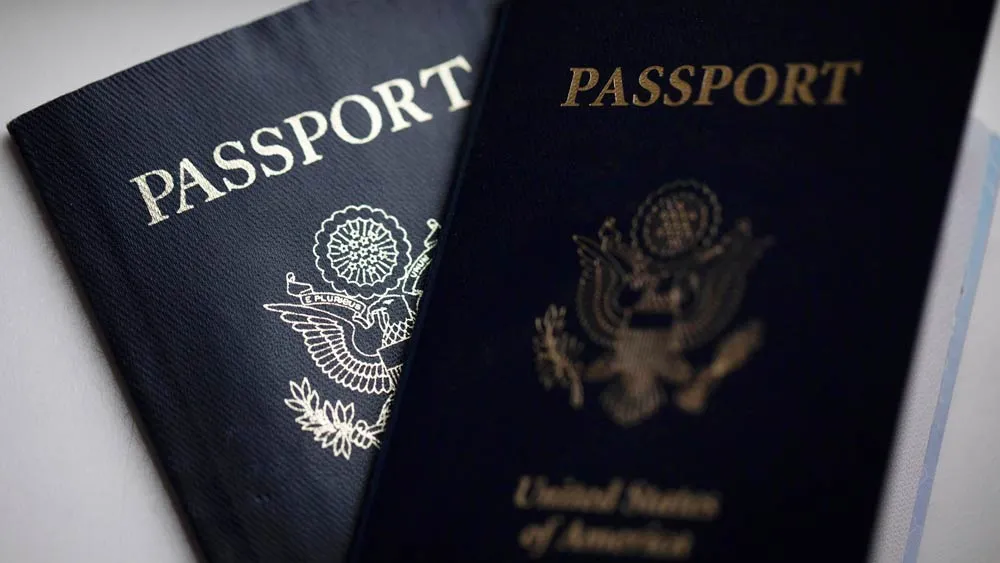August 24, 2021
To Reach Marginalized Communities, HRC Foundation Launches At-Home HIV Testing Initiative
Kilian Melloy READ TIME: 3 MIN.
The Human Rights Campaign Foundation has launched an initiative to allow people in marginalized communities to overcome health care disparities and sidestep stigma and discrimination by testing for HIV at home.
In a news release, the Human Rights Campaign described the initiative as "the United States' first national in-home HIV testing program centered around reaching communities disproportionately impacted by HIV – Black and Latinx gay, bisexual men and transgender women of color.
"Also, for the first time in its history, HRC will be providing a direct-to-door service to the LGBTQ+ community by pledging to administer a minimum of 5,000 free in-home testing kits for HIV over one year," the release added.
"Usually, HIV testing is done with a doctor, in a hospital, or at a community health clinic, but due to lack of access to healthcare and HIV stigma, marginalized populations often do not receive testing," the HRC noted. But "the in-home testing kits aim to empower people to learn their status and take control of their sexual health without having to visit a medical provider."
The program was developed in partnership with Us Helping Us and with support from Gilead Sciences. The program's launch was timed to coincide with Southern HIV/AIDS Awareness Day (SHAAD), August 20, which seeks to "raise awareness about HIV in southern communities" and "overcome barriers to HIV prevention, care, and treatment."
Writing about SHAAD for The Advocate, Black health care provider and advocate Jordan Edwards – himself openly living with HIV – noted, "In my experience in the South, speaking on health concerns is not acceptable outside of the household, even conversations that could save lives."
Being "a Black, same-gender-loving, cisgender man living with HIV in the south in Texas," Edwards related, means that he has to navigate an umber of intersectionalities on a daily basis – an experience that gives him rare perspective. "I have to first recognize the targeted stereotypes from one another while dismantling the systems that created them," Edwards noted.
Pointing out that communities of color are harder-hit by HIV, Edwards wrote, "We can explain it through the lack of reliable data, the lack of information provided to the most marginalized, or the access to care, but it all points to structural barriers."
Among those barriers: Stigma and prejudice. Edwards noted that "Black gay men have less sexual partners and more condom usage compared to their white counterparts." Still, one countervailing and dangerous trend is how "men who have sex with men (MSM) may be reluctant to disclose to providers as a result of concerns about confidentiality and/or discrimination."
At-home HIV testing will give marginalized people a way to know their status, a crucial first step in decreasing the number of new HIV cases. Data on HIV incidence rates around the country suggests that in places where people get tested and then receive adequate health care, transmission rates fall. That means people living with HIV are connected with the medications they need to bring their viral loads to undetectable levels – at which point it's impossible to infect another person with HIV – while people who are HIV-negative can help protect themselves through safer sex and Pre-Exposure Prophylaxis (PrEP), which means taking a daily medication to help them remain HIV-negative even if they are exposed to the virus.
The new program spearheaded by the HRC Foundation and Us Helping Us recognizes that testing is only one of a multi-pronged approach to the problem.
"In addition to disseminating the 5,000 testing kits, the program will provide a referral to PrEP providers in the person's area, and link HIV positive individuals to care via navigation services," the news release detailed. "The kits will include an OraQuick oral swab, condoms, lubricants, and a test information card.
"HRC has also created educational resources to complement the test kits, such as an instructional test video and an online service page that shows local HIV prevention and treatment services."
One new study that focuses on the role of intravenous drug use in HIV transmission rates involves dispatching mobile clinics to hard-hit areas – not as granular an approach to in-home testing, but, potentially, a crucial strategy in the ongoing war against HIV.
Kilian Melloy serves as EDGE Media Network's Associate Arts Editor and Staff Contributor. His professional memberships include the National Lesbian & Gay Journalists Association, the Boston Online Film Critics Association, The Gay and Lesbian Entertainment Critics Association, and the Boston Theater Critics Association's Elliot Norton Awards Committee.



